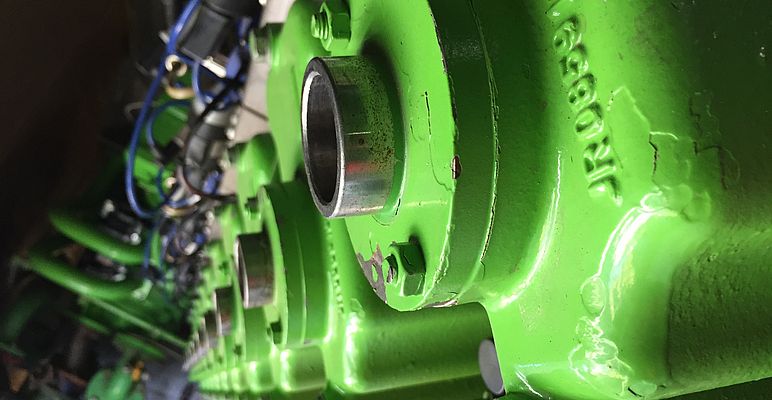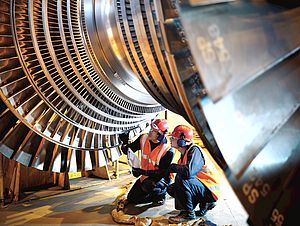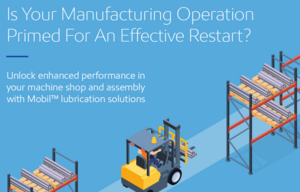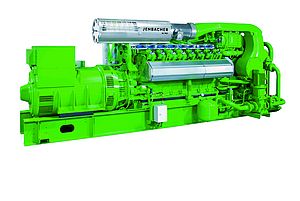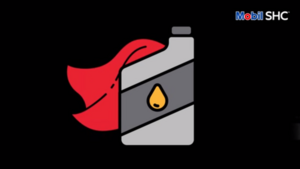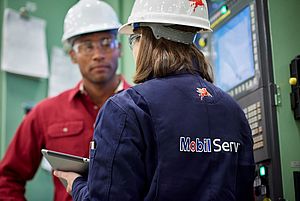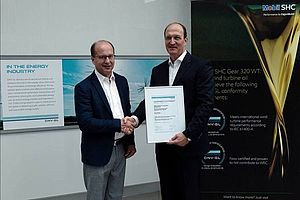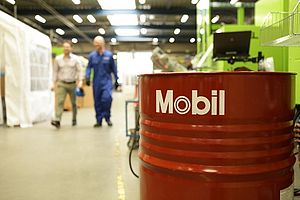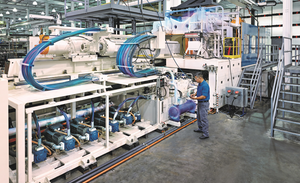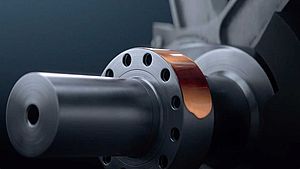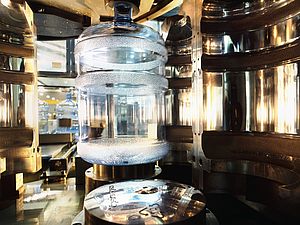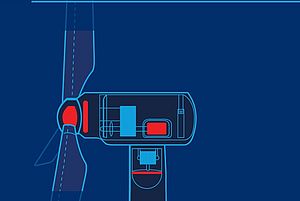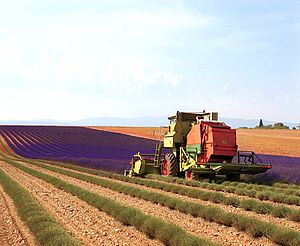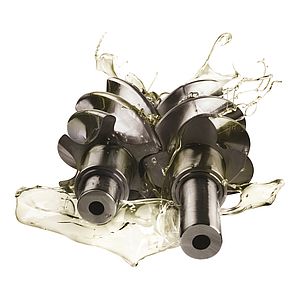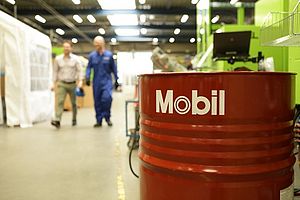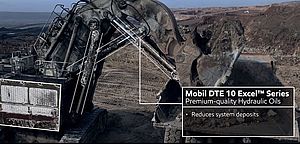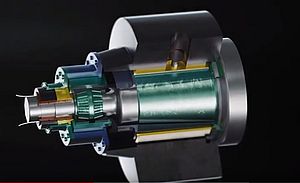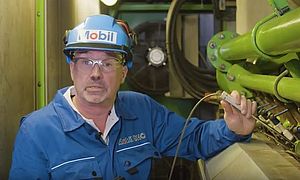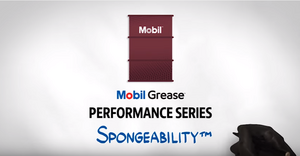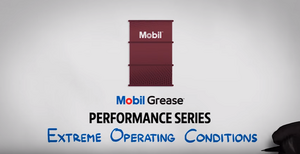''As the global demand for power continues to grow, so does the use of alternative energy sources such as biogas’’ said David Squirrell, Senior Field Engineer at ExxonMobil. The global lubricant specialist recently introduced into the market the Mobil Pegasus™ 610 Ultra, a lubricant formulated to operate with landfill and biogases containing high levels of corrosive materials
IEN Europe: What are the advantages and unique features of Mobil Pegasus™ 610 Ultra compared to other similar lubricants?
D. Squirrell: Mobil Pegasus 610 Ultra is a 1.0% sulfated ash, high BN oil with exceptional reserve alkalinity, specifically developed to withstand the effects of aggressive gases by neutralising acids, offsetting their effects on engine components while reducing wear. The lubricant’s excellent oxidation and chemical stability, thanks to the modern base oil technology used, can help extend oil drain intervals, reduce maintenance costs and
increase overall engine availability.
IEN Europe: Why did ExxonMobil choose Infinis as a partner to develop this new oil?
D. Squirrell: With 121 operating landfill gas-to-energy sites across the UK and an aggregate generating capacity of 294MW, Infinis is one of the UK’s leading generators of renewable power. For more than 20 years, ExxonMobil has worked closely with Infinis to provide advanced lubricant solutions and expertise and to more deeply understand the application issues that customers face, in order to develop the right solution. As a result of this technical partnership, ExxonMobil have been able to further strengthen our understanding of the challenges faced by gas engine operators. In addition, Infinis has benefited from excellent engine protection, reduced wear, and optimised oil drain intervals across its landfill gas operations.
IEN Europe: What are your expectations in term of market response?
D. Squirrell: Being able to manage varying gas qualities and increased engine outputs - while still delivering excellent reliability continues to be a challenge. Operators will need to ensure the lubricants they choose can help mitigate harsh operating conditions sour gases pose to engine operations. Fortunately, advances in lubricant formulation can help ensure that operators can run their engines efficiently and reliably.
IEN Europe: What is the ideal use of this lubricant? What kind of needs did your product development engineers want to meet when they developed it?
D. Squirrell: As the global demand for power continues to grow, so does the use of alternative energy sources such as biogas, due in part, to its renewable nature. However, using the output from a biomass digester or from a landfill to generate electricity can be problematic as biogas can include contaminants that can damage gas engines leading to costly maintenance and downtime. For example, biogas can contain high levels of hydrogen sulphide, which can produce acidic by-products once burnt in the combustion chamber. If this is not neutralised, engines are at risk of accelerated corrosion and component failure. Another example is landfill gas which comes along organosilicon compounds which can lead to severe engine wear during the combustion process. Mobil Pegasus™ 610 Ultra is specifically developed to withstand the effects of these aggressive gases by neutralising acids and offsetting their negative effects on engine components (cylinder liner, piston head and crown and valve train). Combined with excellent oxidation stability, it helps extend oil drain intervals, reduce unscheduled maintenance costs and increase overall engine operations.
IEN Europe: Which are the benefits for businesses?
D. Squirrell: The use of high-performance lubricants can help protect gas engine components against biogas corrosion and wear, helping to improve efficiency and protect business productivity.
IEN Europe: Why did ExxonMobil decide to launch Mobil Pegasus™ 610 Ultra at World Biogas Expo?
D. Squirrell: Mobil Pegasus 610 Ultra is the latest lubricant in the line of Mobil gas engine oils. World Biogas Expo is at the forefront of the anaerobic digestion and biogas industry and therefore it is an excellent forum in which to inform visitors in this industry of the importance of premium quality lubrication and the operational maintenance of gas engines.
Sara Ibrahim


